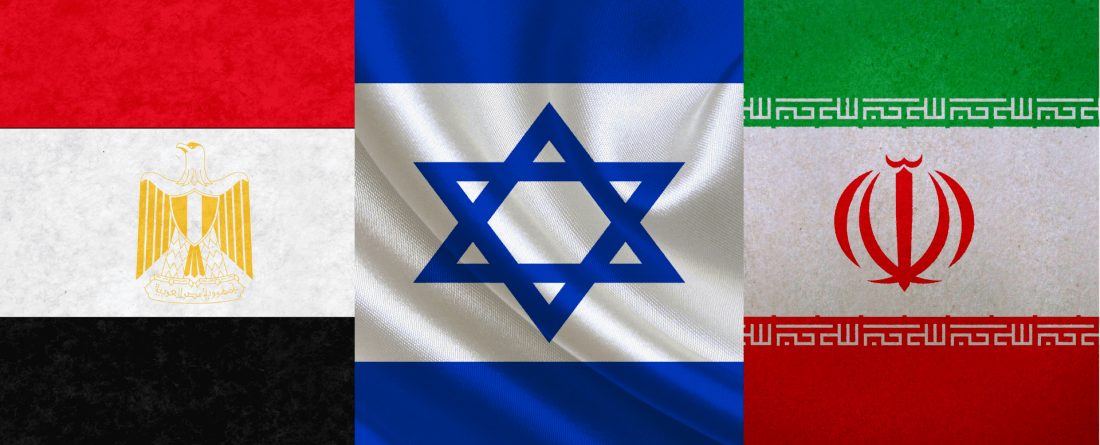
Dr. ElSayed Ghannam, Diplomat (on academic leave)
Registration for this event is not required but is appreciated (for planning purposes).
Event Description
The overarching goal of the presentation is to conduct an investigation of regional perspectives on the impact of Israel’s nuclear monopoly on nuclear decisions in the Middle East. In so doing, the presentation addresses the question as to why Egypt and Iran have taken divergent nuclear paths relative to Israel’s nuclear posture. The point of departure for this inquiry is whether the ‘introduction’ of Israel’s nuclear weapons has ever played a pivotal role in the nuclear decisions and escalation dynamics in the Middle East. Within this context, nuclear decisions are analyzed by employing three specific independent variables, namely: conventional balance; alliance reliance; and the perception of the utility of nuclear weapons. Egypt and Iran demonstrate layers of common and divergent responses, namely in relation to their perception of conventional, nonconventional, and nuclear deterrence. Moreover, the two cases help investigate the reaction to existing asymmetries in power, resolve, and stake. In addition, the two cases serve the purpose of testing the main assumptions that underpinned Israel’s nuclear opacity. By addressing these issues, the controversies over the establishment of the NWFZ/WNDFZ in the Middle East can be better understood.
Speaker Bio
ElSayed is an Egyptian diplomat with 18 years of experience in international and regional security. His exposure to key files has provided him with a solid perspective of the technical and political imperatives of arms control, nuclear disarmament, and nuclear nonproliferation. Moreover, his academic progress has significantly provided him with a robust conceptual framework for critically analyzing and investigating established narratives about security arrangements in the Middle East. Within this context, ElSayed studied at Cairo University; the Free University of Berlin; Geneva University; the Middlebury Institute of International Studies at Monterey; Virginia Tech University. His Master’s thesis addresses “Iran’s Alliance with Syria and the Balance of Threat in the Middle East”. His Ph.D. dissertation addresses two comparative reactions to Israel’s nuclear posture, namely Egypt and Iran’s divergent nuclear decisions from 1955 to 2021. ElSayed received fellowships at the James Martin Center for Nonproliferation in California “CNS”; the Vienna Center for Disarmament and Nonproliferation “VCDNP”, the Nonproliferation Policy Education Center in Washington DC “NPEC”; the Geneva Center for Security Policy “GCSP”, the Sandia National Laboratories “SNL”. In addition, he participated in courses organized by the Livermore National Laboratories. He presented at several international conferences related to arms control and regional security.
